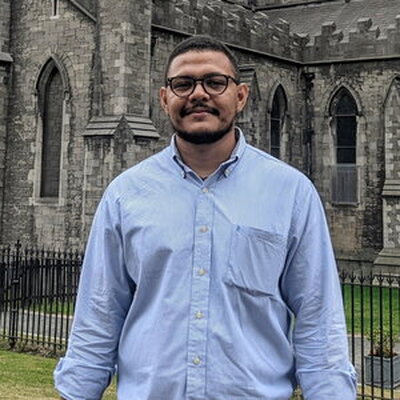

Civil & Environmental Engineering, "Promoting the Safety of Pipelines Subject to Landslides"
Francisco Filipe Viana, a Brazilian production engineer, has a strong research background in risk and Decision Analysis of critical infrastructures. His doctoral research at the Federal University of Pernambuco focused on developing multicriteria decision-making models to integrate human, financial, and environmental risk factors for natural gas and hydrogen pipelines. He has also collaborated with international researchers and developed a solid expertise in risk analysis and modeling.
Building on his previous research, Filipe is now pursuing a postdoctoral research position at the MAE Center at the University of Illinois, where he will develop innovative mathematical models to predict pipeline failures due to landslides. Notably, his research has timely implications, as climate change poses significant threats to Brazil's economic, social, and infrastructure systems, highlighting the need for predictive models to inform resilience and adaptation strategies. Filipe mentions that “Currently, about 8.2 million Brazilians live in areas vulnerable to landslides or combined landslide and flooding. Understanding the complex interplay between climate change and production systems in Brazil will enable governments, companies, and society to better anticipate, mitigate, and adapt to impacts that could endanger lives and reduce costs associated with potential accidents.”